Sorting through and evaluating the 2016 presidential candidates’ overlapping array of qualities can feel almost comically daunting. However, American voters can simplify the process by focusing on the candidates’ self-professed goals rather than rhetoric.
For simplicity’s sake, take a look at the economic policies and experience of the five Democratic candidates. After careful analysis, low-polling candidate Jim Webb emerges the clear winner. Though Webb does not attract the same media attention frontrunners Hillary Clinton and Bernie Sanders capture, his policies and experience set him apart.
According to the first lecture of every introductory economics class ever, the two ultimately conflicting financial policy goals are prosperity and equality. In other words, politicians and economists try to increase the size of the country’s “economic pie” (prosperity) while maintaining relatively equal “slices” (equality). These goals provide an essential, albeit simplified, viewpoint from which to assess the Democratic candidates.
From an economic standpoint, frontrunner Hillary Clinton makes satisfactory policy promises. Like most liberals, she hardly lacks focus on increased equality, which she says she can achieve by bolstering the income of the middle class via raising taxes just for the wealthy and increasing access to education.
Education is a decent example of a policy that helps both prosperity and equality because it improves opportunity for the currently disadvantaged while increasing long-disadvantaged while increasing long-term term economic production. However, as political aggregation website FiveThirtyEight points out, labor demand for college graduates seems to be plateauing. So, while educating everyone is an admirable goal, it may create a skilled labor surplus that leads to greater unemployment in another decade. The United States requires a more complex solution that focuses on more than just education.
In Bernie Sanders’ policy assertions, he fails to solve the same problem on an even greater scale due to his arguable prioritization of equality over purely numerical prosperity. During his campaign, he has stressed policies that directly redistribute income from the wealthy to those in lower income brackets. For instance, he has proposed taxing Wall Street speculators 0.03 percent to discourage large-scale stock risks that could hurt the country as a whole.
Unfortunately, not only will Sanders’ suggestions hurt prosperity, they will also likely hinder equality, too. As Forbes contributor Tim Worstall suggests, the tax would slow economic activity, thereby reducing overall tax revenue. Less tax revenue means less economic redistribution, which would render Sanders’ policy counterproductive.
That is not to say, however, that Sanders’ policies are all bad. For instance, he appears dedicated to eliminating bureaucratic financial waste, which, though not particularly original, could be an effective and uncontroversial method of generating tax revenue. Furthermore, he wants to mitigate the damage caused when American companies move abroad to avoid domestic taxes, which, if successful, should raise tax revenue and redistribute income at least somewhat.
Martin O’Malley and Lincoln Chafee have somewhat similar and non-radical fiscally liberal views. For instance, both support raising the minimum wage. While this policy can generate controversy, plenty of data, including that recently collected by Goldman Sachs and the Bureau of Labor Statistics, has proven a positive relationship between an increased minimum wage and job growth. While correlation does not always signify causation, a price floor on wages does not seem to be causing large-scale unemployment anywhere it has been implemented.
That said, general propositions about raising the minimum wage and helping regular people achieve “the American Dream” is just not enough to push O’Malley and Chafee forward as economic frontrunners in such a heated, contentious election.
But Jim Webb emerges as the champion of the Democrats in terms of both equality and aggregate economic growth. He has always been on record as supporting President Obama’s 2009 American Recovery and Reinvestment Act, a stimulus plan the vast majority of economists also back. In 2012, the University of Chicago’s business school found 80 percent of economists surveyed agreed or strongly agreed that the act reduced unemployment rates. Lower unemployment benefits both overall economic productive capacity and general equality and standard of living.
Even Webb’s views on war should benefit the U.S. economy. He is pro-veteran by all accounts and has many policies to help those who have served America in the past. In fact, his own veteran status makes up a large part of his identity and influences his political views. That said, he has consistently opposed the Iraq War as an unnecessary and even harmful intervention. Webb’s past beliefs indicate he is a candidate Americans can trust to fight Congress on another costly and unpopular war.
Webb’s policies tend to benefit the economy as a whole with minimal risk. For instance, Webb advocates raising the capital gains tax or the sale of property and investment. Resulting revenue could be used to reduce the national debt in a way that primarily impacts large business and the very wealthy, which is a goal most Democrats tend to support.
Overall, Webb’s economic views seem to align well with conventional economic and party beliefs and objectives. But money is just one part of a much larger presidential platform. An examination of social benefits or foreign policy could produce a different “winner” among the Democratic candidates.
A more multifaceted approach should ultimately determine the nation’s voting preferences. But before that is even feasible, Americans need to tune out the rhetoric and consider lesser-known candidates such as Webb.
Gracie Hochberg is a sophomore in the College. By The Numbers appears every Friday.



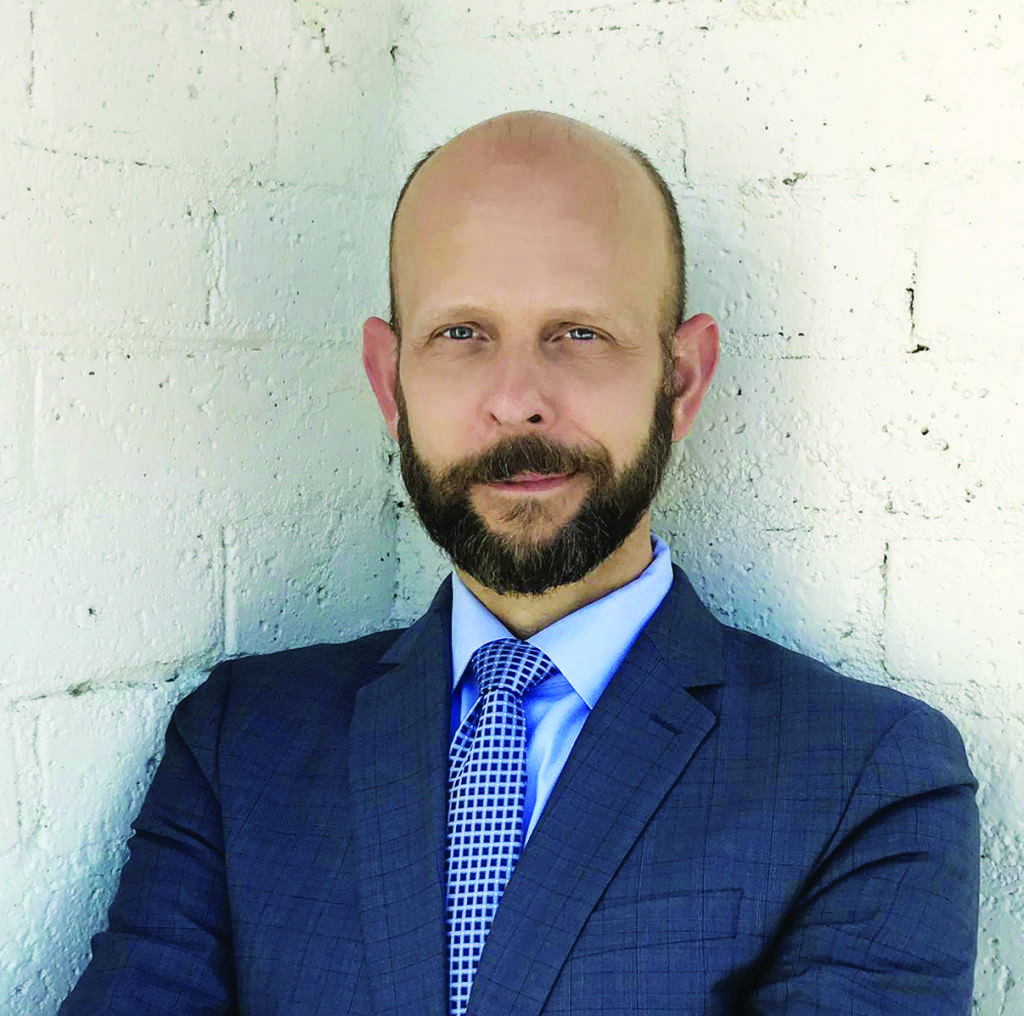

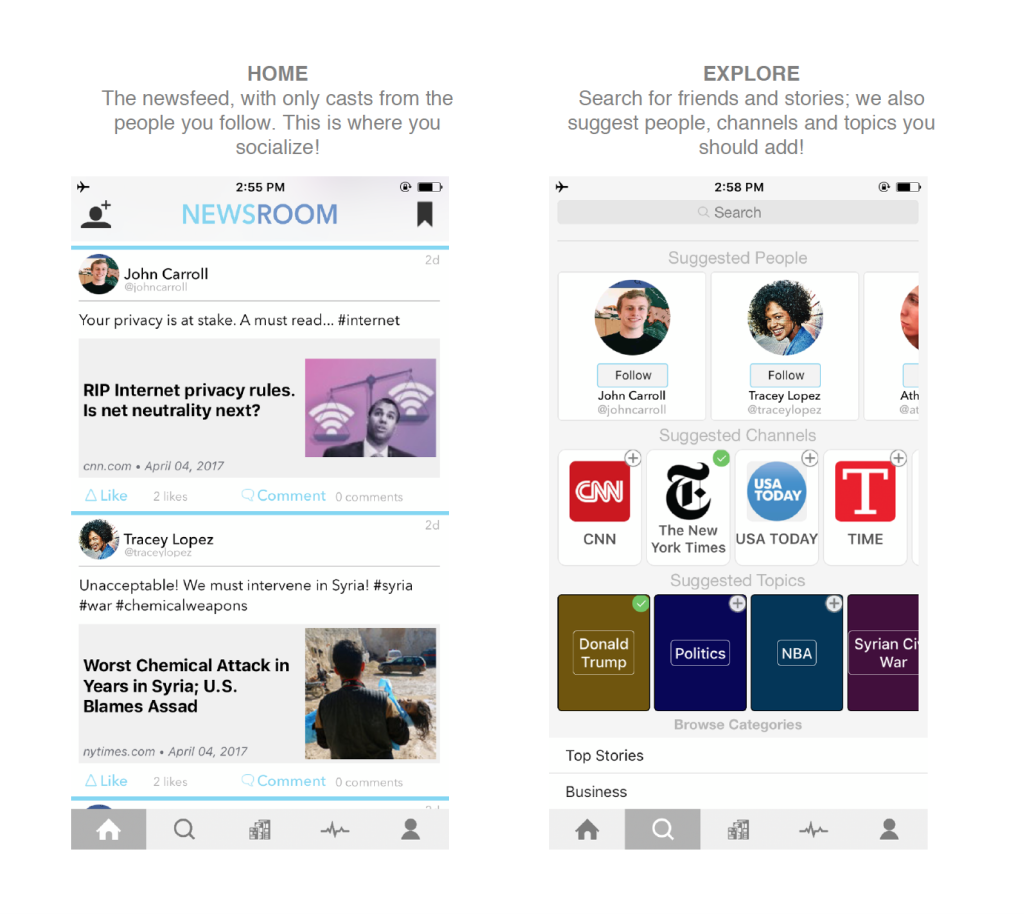
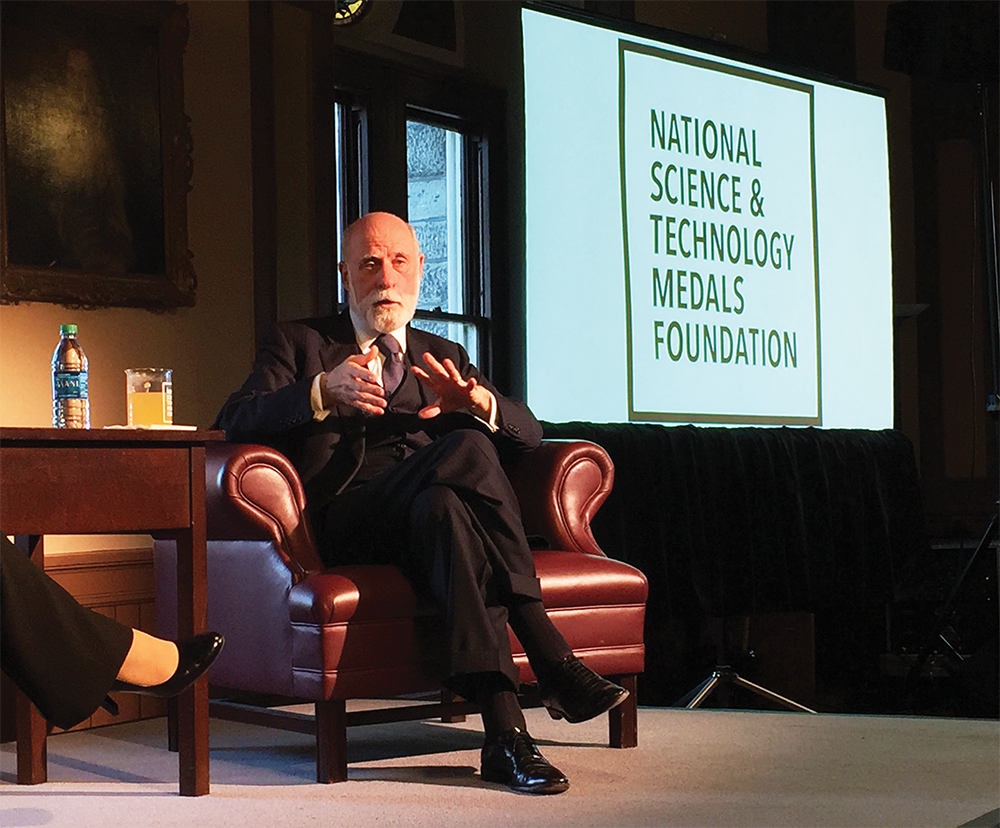



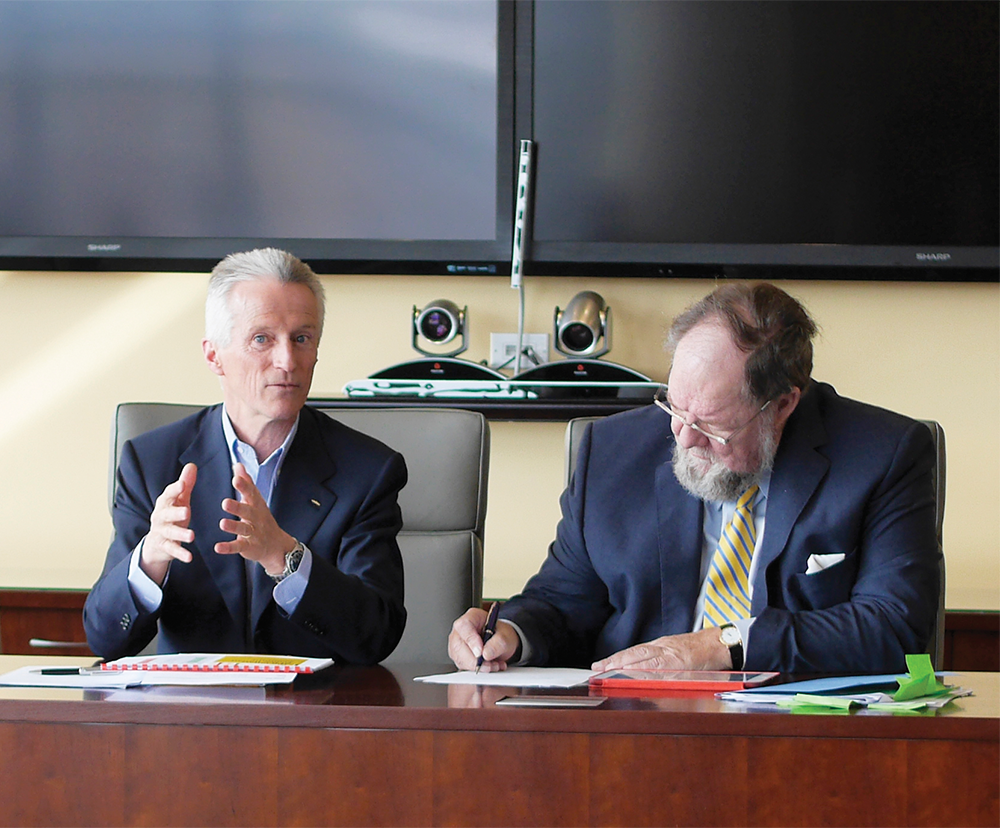
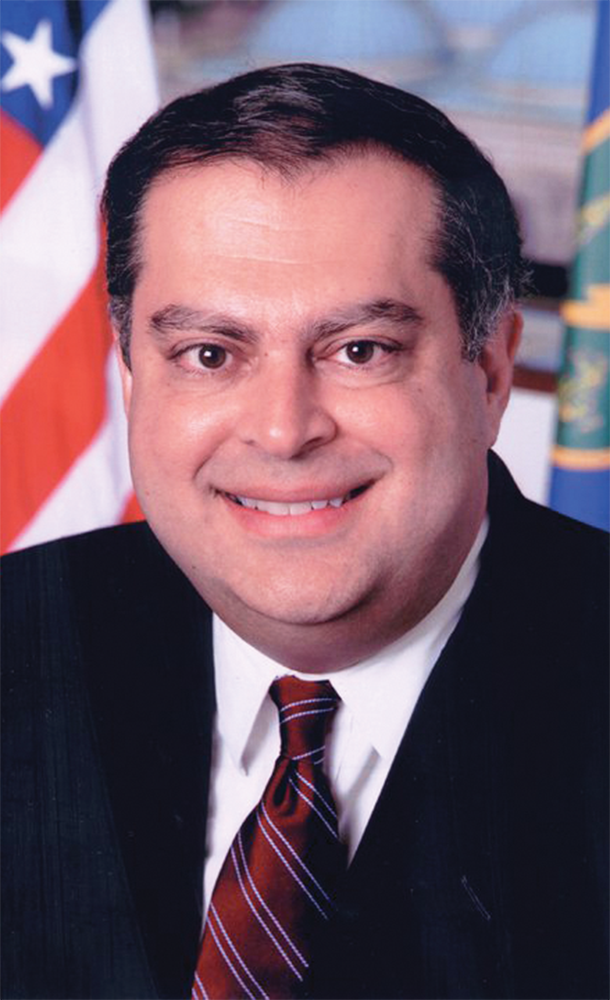


Sonny Young • Oct 20, 2015 at 2:41 pm
I was so amazed at your choice politician among the five democrats — Jim Webb — that I forgot to read the rest of your column. To me, Webb looked like the wrongest guy to be there. Bernie, OK. Hillary. OK; the two guys on the far right, well, OK. But the guy on the left end? Webb? He looked more out of place than having The Donald having join up.
So, figuring you can’t be totally nuts, I went to Wikipedia and asked for Jim Webb’s history.
O my god.
You are right. Webb has done more that any of the other four on the podium. That four were only politicians. Webb is a military hero, a terrific book writer, a long-term guy with the national government, and on and on and on. He is a wonderful success and a credit to the nation, even a benefit to the other four people wanting to be the next president.
Next column, I’m going to read the whole thing before chastising you.